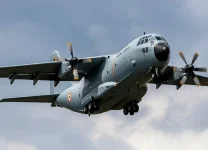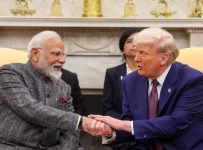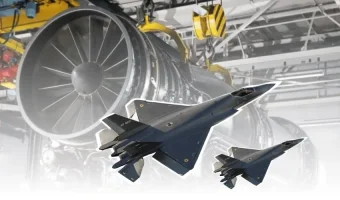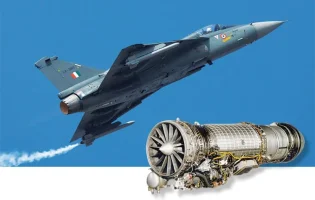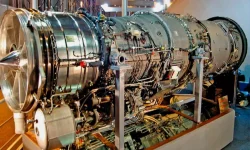- Views: 4K
- Replies: 31

The Gas Turbine Research Establishment (GTRE), a part of India's Defence Research and Development Organisation (DRDO), is yet to select a foreign partner to co-develop the engine for its ambitious Advanced Medium Combat Aircraft (AMCA) program.
Both Safran of France and Rolls-Royce of the UK have submitted proposals, leaving the Indian defence sector in a position of strength as it negotiates this critical collaboration.
The AMCA, envisioned as a fifth-generation stealth fighter jet, represents a significant step towards India's goal of self-reliance in military aviation. The engine, a crucial component of this project, is expected to generate between 110-130kN of thrust, a considerable advancement over existing Indian fighter jet engines.
Safran has taken a proactive approach, offering a complete transfer of technology (ToT), including Intellectual Property Rights (IPR), for a newly developed engine. This offer extends beyond technology transfer to encompass potential local manufacturing without export restrictions.
This would enable India to achieve self-sufficiency in producing high-thrust engines. Safran's existing presence in the Indian market, through projects like the Rafale fighter jet, provides a foundation for a potentially expanded partnership.
Rolls-Royce, on the other hand, has proposed a co-creation model for a new fighter engine, emphasizing joint intellectual property ownership. This partnership approach would ensure India retains IPR throughout the engine's development.
Rolls-Royce's extensive experience with advanced engines like the EJ200, which powers the Eurofighter Typhoon, and their recent collaborations with Indian companies on commercial engine projects, demonstrate their commitment to strengthening their relationship with India's defence sector.
Rolls-Royce has also expressed its willingness to support India in becoming a major hub for engine manufacturing.
Despite these attractive offers, GTRE has not yet revealed its preferred partner, keeping both Safran and Rolls-Royce in suspense. This decision holds significant implications not only for the AMCA program but also for the future of defence technology collaborations between India and these European nations.
The delay is attributed to India's comprehensive evaluation process, which considers technical aspects, geopolitical factors, and the long-term advantages of technology transfer.
India's deliberate approach reflects a strategic shift in defence procurement, prioritizing technological advancement and the cultivation of indigenous capabilities.
This cautious approach can be interpreted as a negotiation tactic to encourage both companies to improve their offers, or as a thorough due diligence process to ensure the chosen partner aligns with India's long-term defence requirements.

